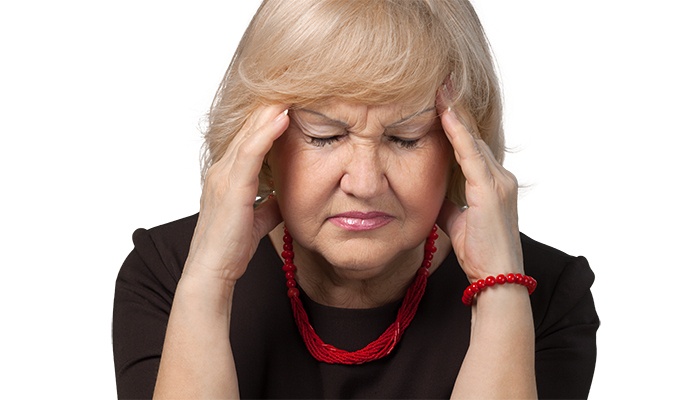Depression is more than just feeling sad or having a rough day—it’s a serious mental health condition that can impact every aspect of a person’s life. But how can you tell if your feelings go beyond ordinary sadness and into the realm of severe depression? Recognizing the signs early and seeking help can be crucial to healing and recovery.
Understanding Severe Depression
Severe depression, often referred to as major depressive disorder (MDD) or clinical depression, is a profound and persistent state of emotional distress. Unlike mild or moderate depression, severe depression can significantly interfere with your ability to function at home, work, or in social settings. The feelings are intense, prolonged, and often accompanied by physical and cognitive symptoms.
Common Symptoms of Severe Depression
To determine if you might be severely depressed, it’s important to assess the intensity, duration, and impact of your symptoms. Here are the most common signs of severe depression:
Persistent Sadness or Emptiness
One of the hallmark symptoms is a constant feeling of sadness, hopelessness, or emotional numbness that lasts most of the day, nearly every day, for at least two weeks.
Loss of Interest or Pleasure
Known as anhedonia, this is a diminished ability to find joy in previously enjoyable activities—hobbies, socializing, sex, or work.
Fatigue and Low Energy
Severe depression can make even small tasks feel exhausting. You may sleep excessively or have trouble getting out of bed.
Changes in Appetite or Weight
You might experience significant weight loss or gain without trying, due to either a lack of appetite or overeating.
Sleep Disturbances
Insomnia (difficulty sleeping) or hypersomnia (sleeping too much) is common, often leading to a disrupted sleep cycle.
Feelings of Worthlessness or Guilt
Individuals with severe depression often have excessively negative thoughts about themselves, blaming themselves for things outside their control.
Difficulty Concentrating
You may struggle to focus, remember details, or make decisions, which can affect your performance at work or school.
Physical Symptoms
Depression can manifest physically through headaches, digestive problems, or unexplained aches and pains.
Irritability or Agitation
Increased frustration or restlessness—sometimes expressed as anger or snapping at others—can be a sign of deep internal distress.
Thoughts of Death or Suicide
In severe cases, people may have frequent thoughts about death, dying, or suicide. These thoughts should never be ignored and require immediate attention.
When to Seek Help
If you identify with several of the symptoms above and they have lasted for more than two weeks, it’s important to seek help from a healthcare provider. A mental health professional can conduct a thorough assessment to determine whether you are experiencing severe depression.
Keep in mind that depression exists on a spectrum. You may not exhibit every symptom, and the severity can vary from day to day. What matters most is how these symptoms impact your quality of life and your ability to function.
The Importance of a Diagnosis
A professional diagnosis is key to understanding what you’re going through and accessing the right treatment. Doctors may use diagnostic tools such as questionnaires (like the PHQ-9) or interviews to evaluate the presence and severity of depression. They’ll also consider medical conditions that could mimic or worsen depressive symptoms, such as thyroid disorders or chronic illnesses.
What Causes Severe Depression?
Severe depression is usually the result of a complex interaction between biological, psychological, and social factors. These can include:
Genetics and family history
Brain chemistry imbalances
Trauma or abuse
Chronic stress or grief
Substance abuse
Major life changes
No single cause can explain every case, which is why personalized treatment is so essential.
Getting Treatment
Fortunately, severe depression is treatable. Common treatment approaches include:
Medication: Antidepressants can help restore chemical balance in the brain.
Psychotherapy: Cognitive behavioral therapy (CBT) and other forms of talk therapy are effective in changing negative thought patterns.
Lifestyle changes: Regular exercise, improved sleep hygiene, and a healthy diet can support recovery.
Support systems: Connecting with friends, family, or support groups can offer emotional grounding.
Inpatient or intensive care: In extreme cases, hospitalization or intensive outpatient programs may be needed to ensure safety and stability.
Final Thoughts
If you’re asking yourself, “Am I severely depressed?” it’s worth exploring those feelings further. Depression is not a weakness or something you can simply “snap out of.” It’s a medical condition that requires understanding, support, and treatment. Early recognition can make a significant difference in the course of recovery. Remember, help is available—and reaching out is the first courageous step toward healing.







